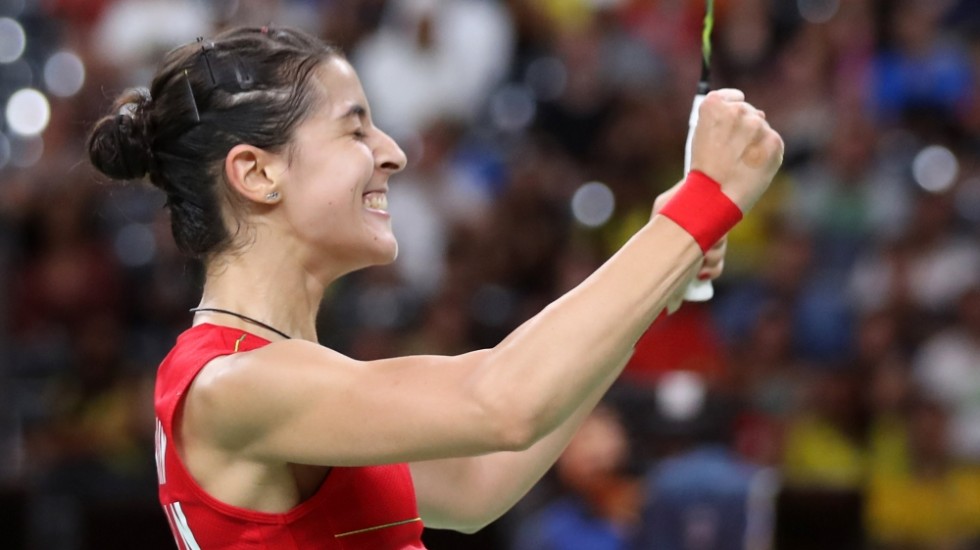
Marin-Sindhu Battle for History – Women’s Singles Semi-finals: Rio 2016
It was a day for historic firsts. A first Olympic badminton final for Spain. Ditto for India. At the receiving  end was China, faltering in three matches and in the hunt for only two gold medals out of the five they won in London four years ago. Women’s Singles, once exclusively China’s domain, will not fetch them a medal for the first time since 1996.
end was China, faltering in three matches and in the hunt for only two gold medals out of the five they won in London four years ago. Women’s Singles, once exclusively China’s domain, will not fetch them a medal for the first time since 1996.
One of China’s defeats was in the Men’s Doubles bronze medal playoff, which they lost to Great Britain’s Chris Langridge and Marcus Ellis.
Spain’s Carolina Marin and India’s PV Sindhu will clash for the Women’s Singles title. Japan’s Nozomi Okuhara will take home the bronze after China’s Li Xuerui pulled out with a knee injury that she suffered today.
The first semi-final between Marin and Li Xuerui was expected to be a classic, pitting as it did the two-time World champion against the Olympic champion. The Spaniard burst out of the blocks with her 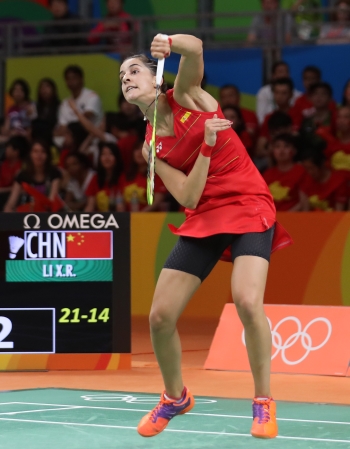 razor-sharp attack, decimating her accomplished opponent 21-14 with a display of tremendous speed and surgical strikes.
razor-sharp attack, decimating her accomplished opponent 21-14 with a display of tremendous speed and surgical strikes.
Li recovered from the assault, and the early part of the second saw the best passage of play as the Chinese patiently began to build her resistance. With a 14-11 lead, Li was looking set to force a decider; it was this point that Marin found her second wind to blow away the defending champion. With Marin forcing her way back, Li started to get shaky; three nervous points followed and the Spaniard was soon 17-15 up, dictating the rallies and regaining the initiative.
Marin was 17-16 up when disaster struck for China. Li, wrong-footed in the deep, tumbled awkwardly and lay for a long time on the floor, signalling for medical help for her left knee. The intervention didn’t help, and the defending champion limped through the next four points to give Marin her place in the final: 21-14 21-16.
Asked later what had happened to her knee, Li said she wasn’t sure.
“I tried my best,” Li shrugged. “The world has become more competitive. This is the Olympics, all the players from the quarter-finals on are very tough to beat. My preparations were good but there is always uncertainty. I have no regrets.”
Her opponent said the match had been one of her best.
“I’m so excited,” gushed Marin. “I’ve worked so hard all these months and it’s working for me now. It was a good match. I did suffer a bit because I was a bit nervous. It’s one of my best matches; she had the experience of playing in an Olympic final and it was very tough. I had to demonstrate to the Chinese crowd in the hall that I could beat her today.”
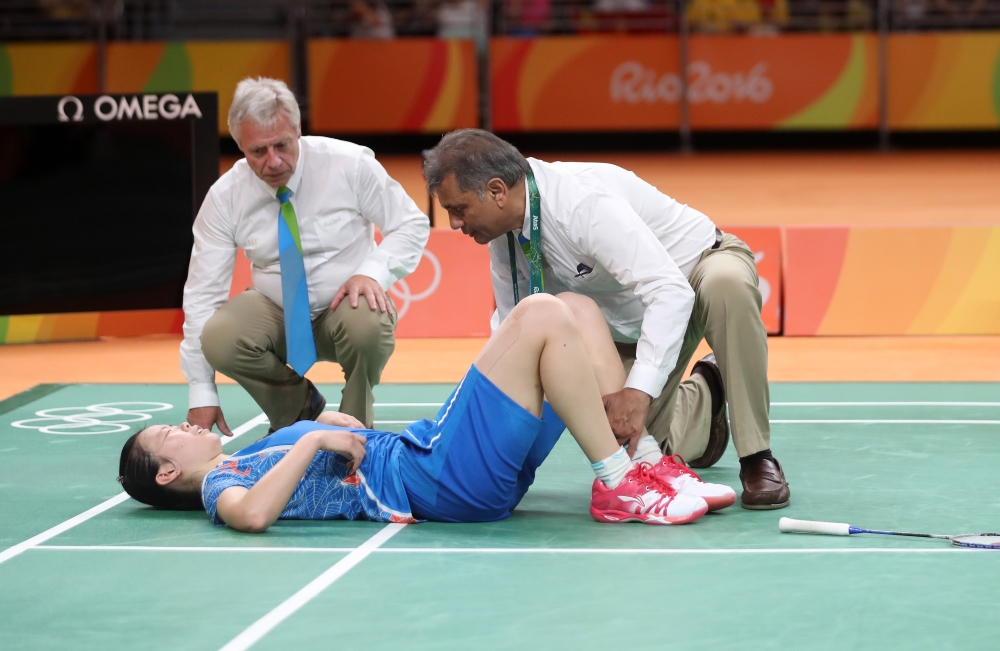
The second semi-final was between opponents of completely different styles. Sindhu, who had pulverised opponents with her speed and power, had the task of overcoming an opponent who knew no tiredness – Nozomi Okuhara. The Japanese would be expected to stonewall everything the Indian sent her way. Sindhu had to keep the rallies short – and that’s exactly how it panned out for her.
By the end of the match, the two longest rallies recorded were 33 strokes in the first game and 39 strokes in the second.
Okuhara was stunning as ever in her court coverage and defensive skills; Sindhu, for her part, pounced on every half-chance to close the rally. Two errors from Okuhara at the end of the first gave the lead to Sindhu; Okuhara appeared to recover in the second and forced a 39-stroke rally that inevitably went her way.
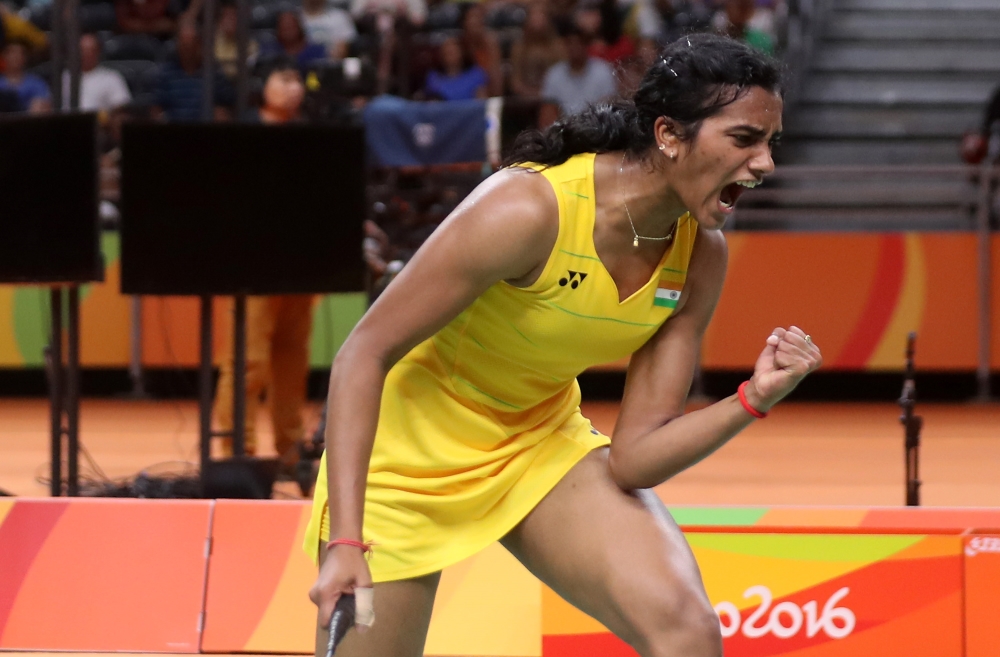
To her credit, and with Okuhara falling into her familiar pattern of dragging out the rallies, Sindhu did not relent in her attack from the back. The Indian’s power and placement started to blow holes in Okuhara’s defence, with the Japanese often caught out by Sindhu’s crosscourt smashes. Having run out of ideas, and with no cards left to play, Okuhara was swiftly dismantled as her defensive game collapsed under the weight of the Indian’s relentless attack.
“I didn’t think I’d win in straight games,” said Sindhu. “Every rally was long and she wasn’t letting anything past her. It was close in the first. The two points at the end were very crucial. In the second game, it was equal until 10; I got a lead after the break. I made some unforced errors but my coach told me not to worry.
“It’s a great moment for me, I’m very happy. To be the first Indian in an Olympic final is a great feeling. I ’m focussed for tomorrow’s match. Marin is playing well and I expect it will be a tough final.”
Bronze for Langridge/Ellis
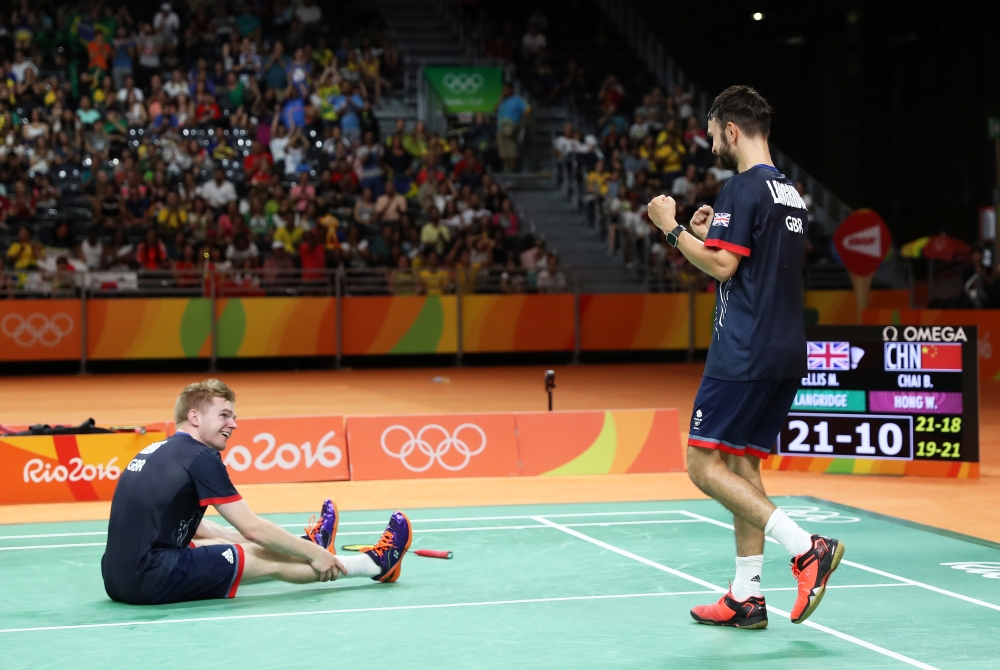
China’s cup of woes overflowed with their third straight loss of the morning, in the Men’s Doubles bronze medal playoff. Chai Biao and Hong Wei were worn down by Great Britain’s Chris Langridge/Marcus Ellis, who prevailed 21-18 19-21 21-10.
Despite losing a close second game, the Britons remained tactically astute and defensively solid in the third. With their best shots coming back, Chai and Hong appeared rattled and rapidly lost control over proceedings. On every rally Langridge and Ellis were all over them, with Langridge a calm presence at the net and Ellis flying around behind him. The Britons stepped on the pedal from the start and never let go, finishing off the contest on the 83rd minute.
“It has been a surreal week,” said Ellis. “We were not seeded and we weren’t expecting a medal. Coming here and performing the way we have, beating the players we have, is amazing. I’m so happy we managed to do it together. We have had some real ups and downs in the last couple of years and I’m happy it all came together when it really mattered.”
Olympic and Paralympic News

Zhang & Wang: Stars With Different Legacies 4 June 2023
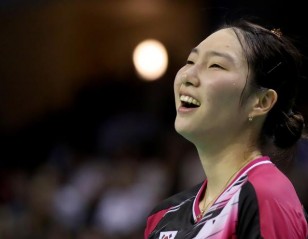
Sung Energised by Recent Successes 1 March 2017
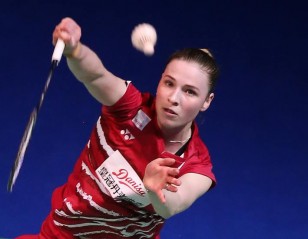
Line Kjaersfeldt Targets GPG Success 20 February 2017
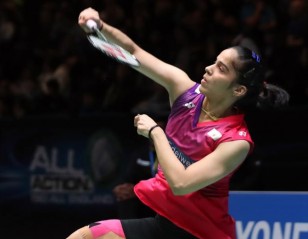
Saina Nehwal: ‘I Feel Lighter On Court’ 20 January 2017
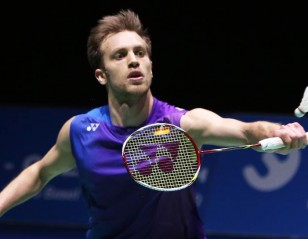
Zwiebler Hungry Despite Setbacks 18 January 2017
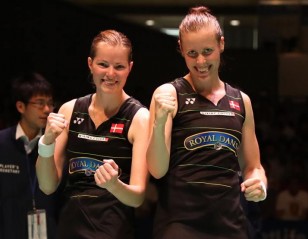
Danish Duo Relish Rio Memories 17 January 2017
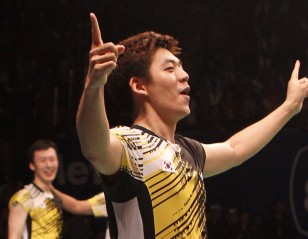
Men’s Doubles – 2016 in Review 27 December 2016
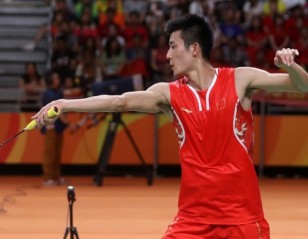
Badminton Leads China Ratings 1 September 2016
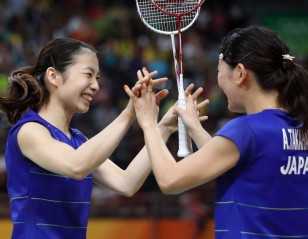
Badminton on Olympic Channel 30 August 2016
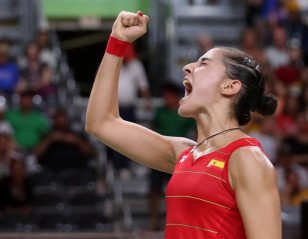
European Resurgence in Rio 26 August 2016
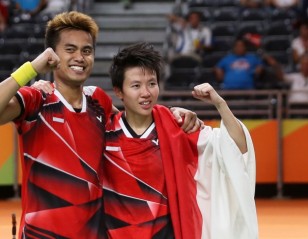
Bouncing Back in Style 25 August 2016
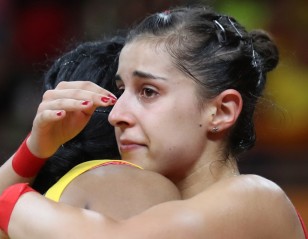
A Revolution in Rio 21 August 2016
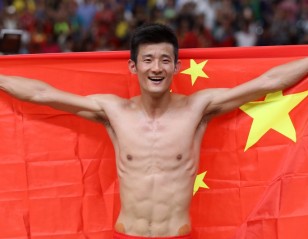
Lee’s ‘Long’ Suffering Continues – Men’s Singles Final: Rio 2016 20 August 2016
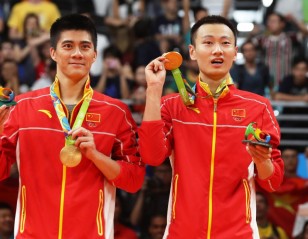
Serves – Malaysia, Wrong! – Men’s Doubles Final: Rio 2016 19 August 2016
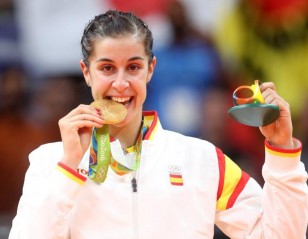
Latina Carolina Reigns! – Women’s Singles Final: Rio 2016 19 August 2016
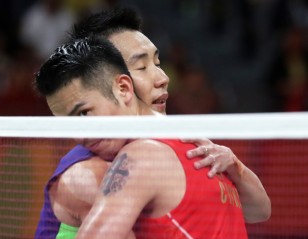
Lin Dan Dethroned – Men’s Singles Semi-finals: Rio 2016 19 August 2016
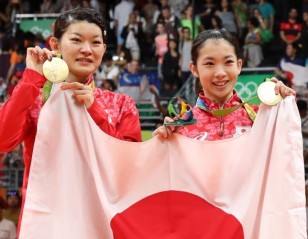
Golden First for Japan – Day 8 – Women’s Doubles Final: Rio... 18 August 2016
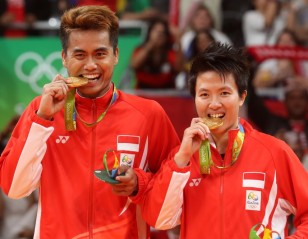
Golden Day for Indonesia – Mixed Doubles Final: Rio 2016 17 August 2016
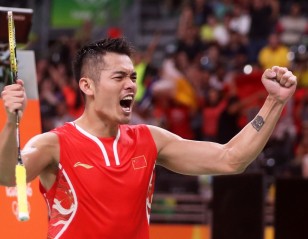
Lin Survives; Lee Cruises – Day 7 – Men’s Singles Quarter-Finals: Rio... 17 August 2016
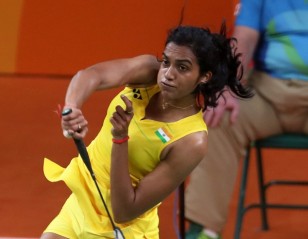
Sindhu Sizzles into Semis – Day 6 Session 2: Rio 2016 17 August 2016
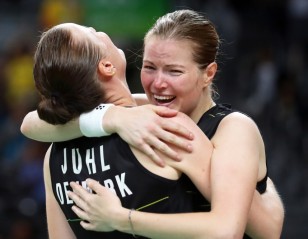
History-Making Danes Thwart China – Day 6 Session 1: Rio 2016 16 August 2016
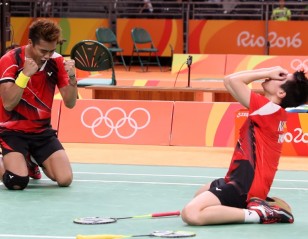
China’s Doubles Giants Humbled – Day 5 Session 2: Rio 2016 15 August 2016
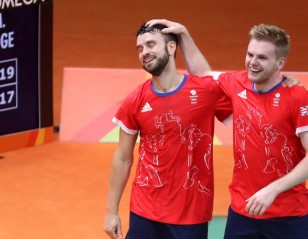
Fu/Zhang Ride Out Storm – Day 5 Session 1: Rio 2016 15 August 2016
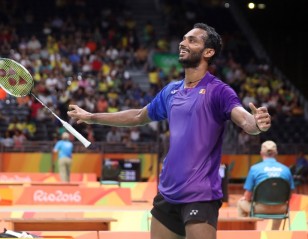
Jorgensen Chugs On – Day 4 Session 2: Rio 2016 15 August 2016

Quarter-Finals Drawing Attention – Rio 2016 15 August 2016
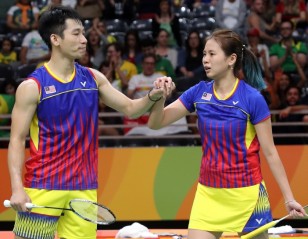
Chan/Goh in Semi-finals – Day 4 Session 3: Rio 2016 14 August 2016
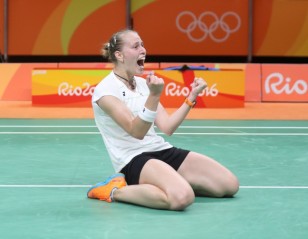
Nehwal Falls to Ulitina – Day 4 Session 1: Rio 2016 14 August 2016
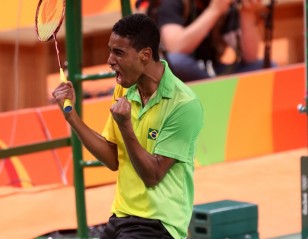
Brazil Badminton Grabs Spotlight 14 August 2016
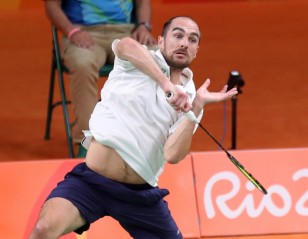
Evans Shakes Off Oliveira – Day 3 Session 3: Rio 2016 13 August 2016
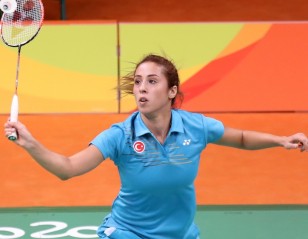
Ellis/Langridge Through – Day 3 Session 2: Rio 2016 13 August 2016
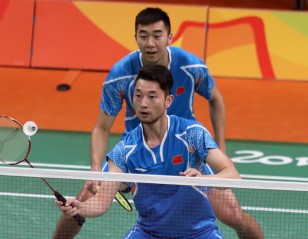
World Champs Out – Day 3 Session 1: Rio 2016 13 August 2016
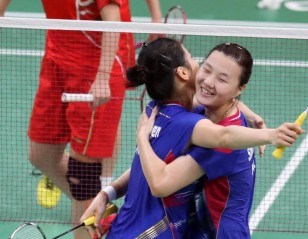
Koreans Double Their Account – Day 2 Session 3: Rio 2016 12 August 2016
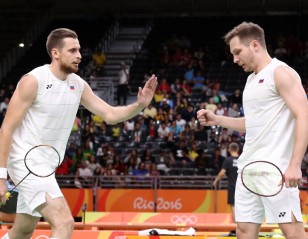
Ivanov/Sozonov in Quarters – Day 2 Session 2: Rio 2016 12 August 2016
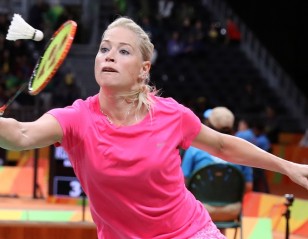
Mixed Doubles Drama in Group B – Day 2 Session 1: Rio... 12 August 2016
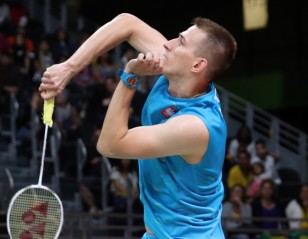
Cordon Falls to Dziolko – Day 1 Session 3: Rio 2016 12 August 2016
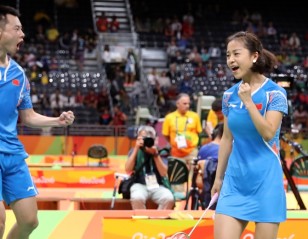
Xu/Ma Stage Escape – Day 1 Session 2: Rio 2016 12 August 2016
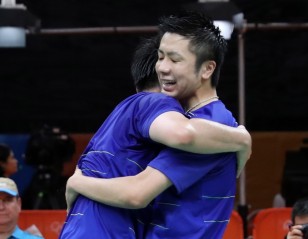
Endo/Hayakawa Clinch Thriller: Day 1 Session 1 – Rio 2016 12 August 2016
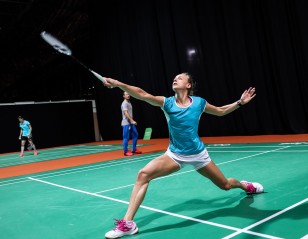
Double Duty in Rio! 11 August 2016
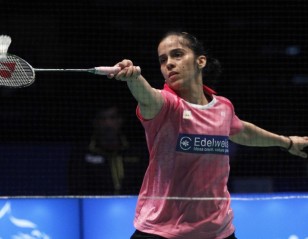
Top Guns Ready to Fire 11 August 2016
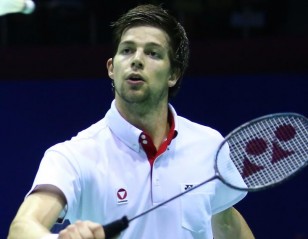
Under No Illusions 10 August 2016
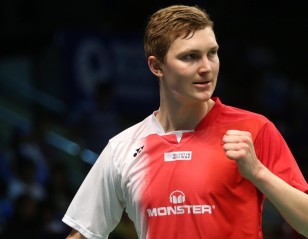
Danes Hope to Capitalise on Strong Season 10 August 2016
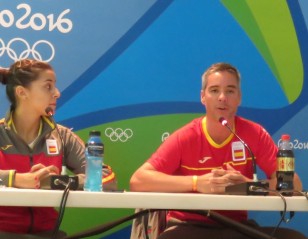
A New Carolina, Says Rivas 9 August 2016
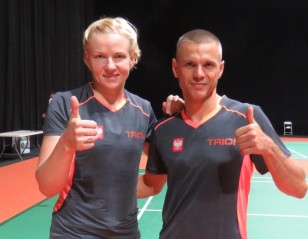
Fifth Olympic Salvo for Mateusiak 8 August 2016
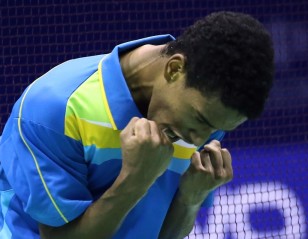
Savouring the Olympic Flavour 6 August 2016
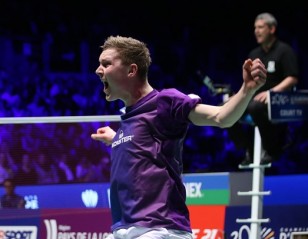
Singles Preview: The Promise of Epic Battles 6 August 2016
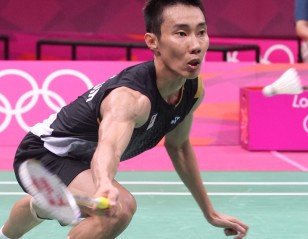
A First for Flag-Bearer Lee 4 August 2016
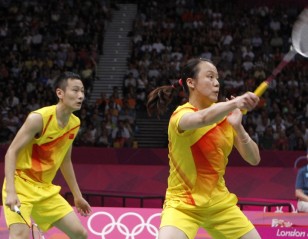
Zhang/Zhao the Opening Act 3 August 2016
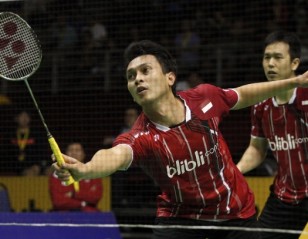
Doubles Preview: Group Surprises Lurk for the Unwary 1 August 2016
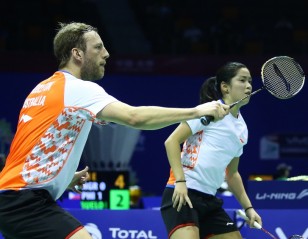
Rio Countdown: Aussies Living a Dream 29 July 2016
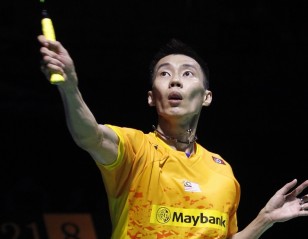
‘One Match at a Time’ 28 July 2016
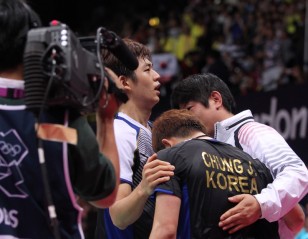
Olympic Channel Launch on August 21 28 July 2016

Rio Countdown: Ygor Oliveira’s Samba Secret 28 July 2016
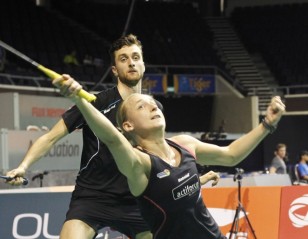
Rio Countdown: Dutch Duo Seek to Re-create Magic 27 July 2016
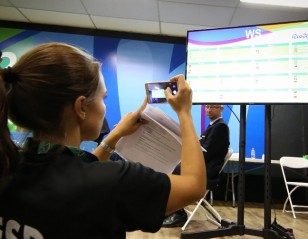
Contenders Brace for Hard Battles 27 July 2016
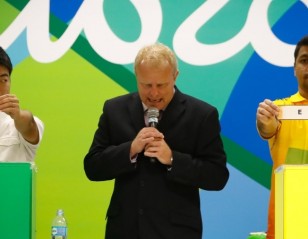
Possible Lee-Lin ‘Semis’ Showdown 27 July 2016
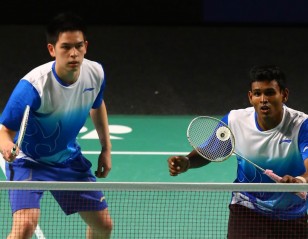
Rio Countdown: Australian Duo Look to Make Impact 26 July 2016
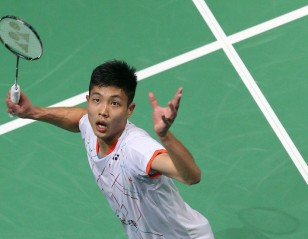
Rio Countdown: Chou Riding High on Confidence 25 July 2016

Mechanics of the Olympic Draw 22 July 2016
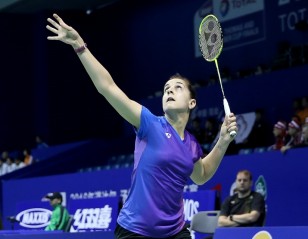
Lee, Marin Lead Seedings 21 July 2016
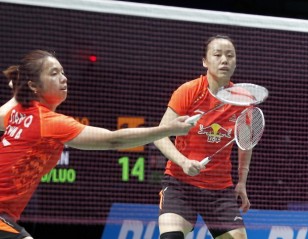
No Rio Repeat for Olympic Champs 19 July 2016

BWF Launches Olympic Website 11 July 2016
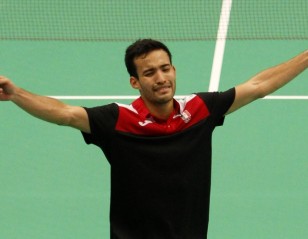
Mexico Completes Olympic List 5 July 2016

Australia Make Rio Picks 10 June 2016
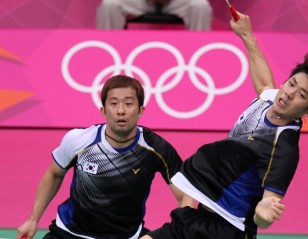
Badminton to Feature in Olympic Channel Programming 7 June 2016
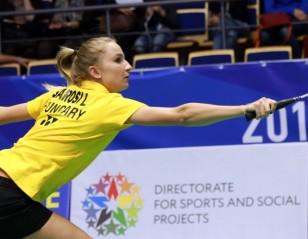
Trio Get Rio 2016 Tripartite Places 25 May 2016
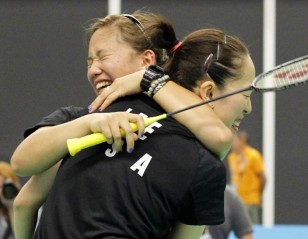
Provisional List of Olympic Qualifiers Published 5 May 2016
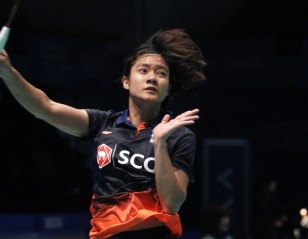
Continental Championships: The Home Stretch to Rio Begins 24 April 2016
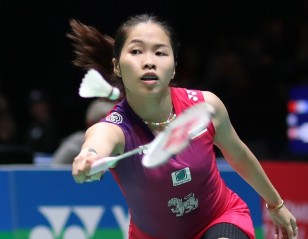
Calmer, Tougher Intanon Believes She Can Get Better 19 April 2016
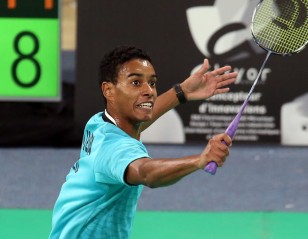
Ygor Oliveira’s Samba Secret 8 April 2016
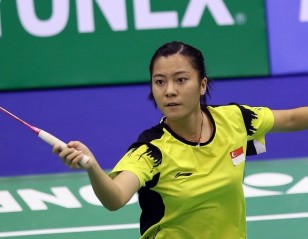
Liang Xiaoyu Sniffs Olympics Chance 15 March 2016
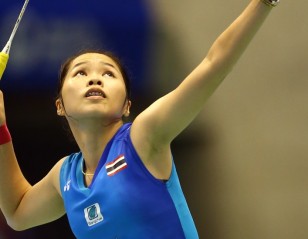
Intanon Ready for Battles Ahead 2 March 2016
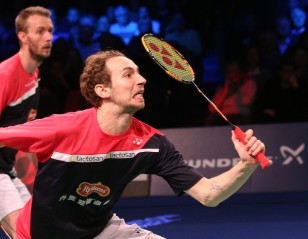
Race to Rio: Close Call for Doubles Contenders 18 January 2016
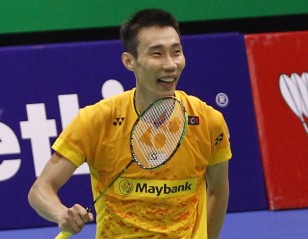
Race to Rio: Chen Leads, Lee Close Behind 14 January 2016
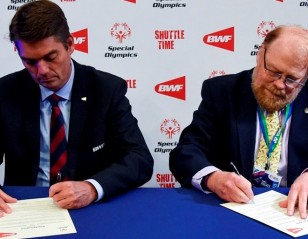
Special Olympics Embrace BWF Shuttle Time 26 October 2015

Høyer: Innovation and Integrity Key Ingredients 16 May 2015
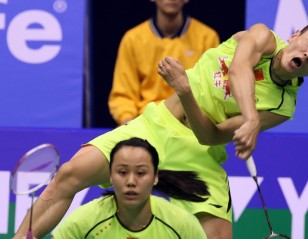
Rio 2016: The Race Begins 4 May 2015



















